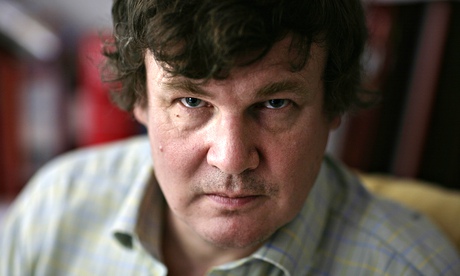
Fleet Street dogs are used to snapping at one another in the throes of news competition. But last week’s miserable business of the Daily Telegraph, HSBC’s tax-fixing Swiss division and a chief political columnist who couldn’t put up with a shrinking “fraud” of coverage goes far beyond antics as usual. That all stopped, with a howl of outrage, when an anonymised Telegraph reporter was allowed to take front page space to “reveal” that two separate managers under pressure at “a rival newspaper” had taken their own lives. Pat message: at the Telegraph we move the news around to keep advertisers happy; others drive them over the edge of destruction. See how blameless we are?
It is a message so crude, so utterly lacking in compassion or common sense, that any fellow feeling for the Telegraph in its hour of distress and opprobrium falls away. Of course the pressures of survival in a shrinking, struggling newspaper market are intense. Of course the Barclay family, latest in a long line of Telegraph owners, are more interested in cash returns (and the clout that ownership gives them) than serving any basic public interest. And of course HSBC, a major bank customer in an embarrassing jam, may have welcomed muted coverage of its Swiss travails – and been happy to keep on advertising in the Telegraph.
But if HSBC looks flaky under fire, the real bite of this business comes back to the Barclays and the Telegraph. In normal circumstances, an outbreak of dog-eat-dog exchanges can be papered over after a while. The Telegraph’s assertion that (though apologising for nothing) it is drawing up “new guidelines” to cover relations with commercial staff, might have spread enough emollient confusion to see headlines fade. Peter Oborne was brave to speak out; the papers he loved behaved disgracefully; but most things in news life move on.
You cannot, though, be so cynically complaisant when confronted by tit-for-tat suicide warfare (initiated out of the blue against News UK). In every business there’s pressure and scope for tragedy. But to equate these deaths with the decision – the commercial decision – to go easy on a big bank in trouble is gross far beyond any Fleet Street club. It demeans those who wrote it and those who ordered it. It will not be forgotten, or easily forgiven.

